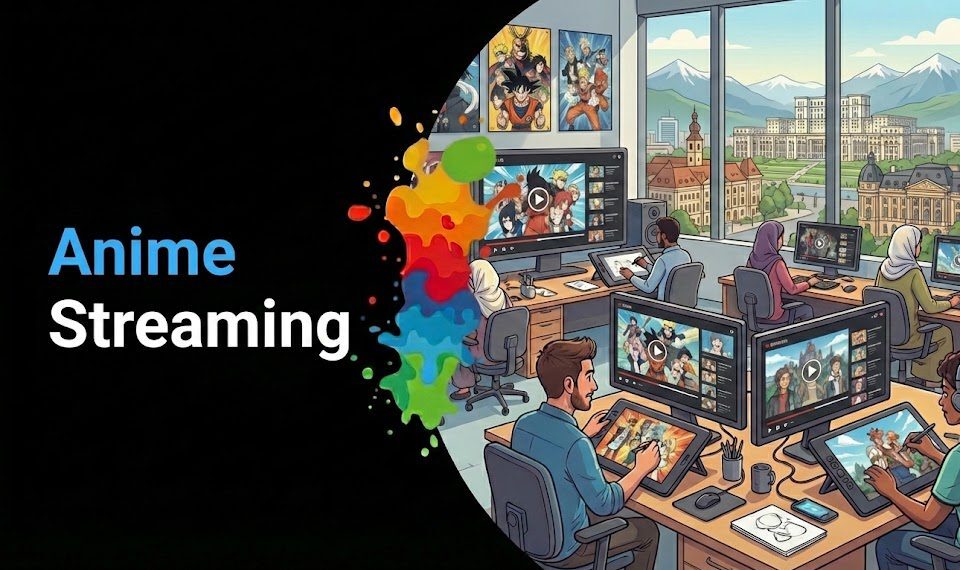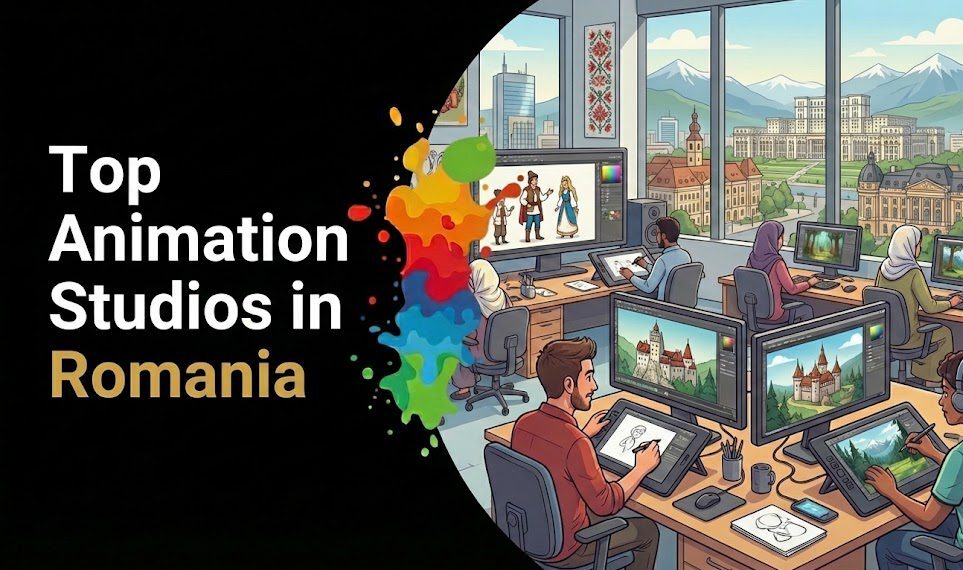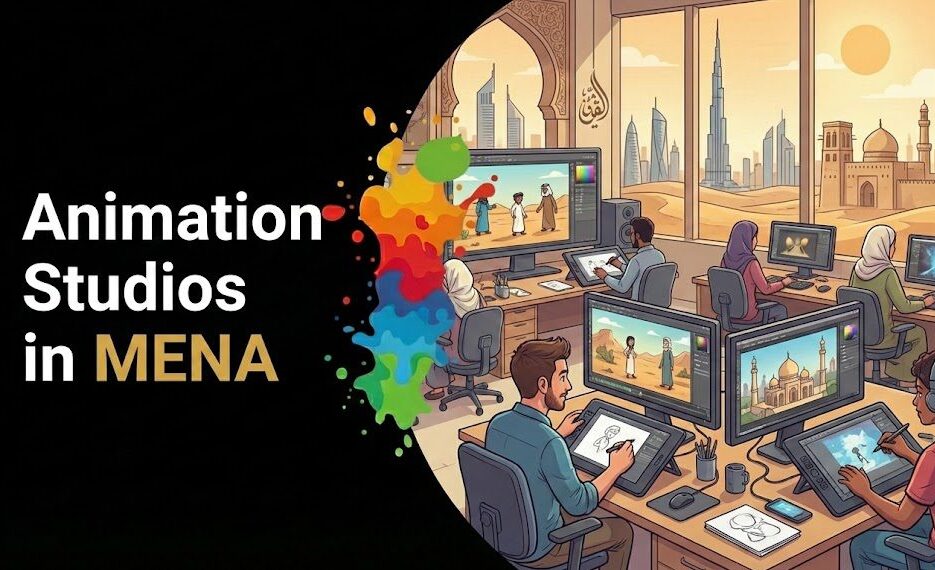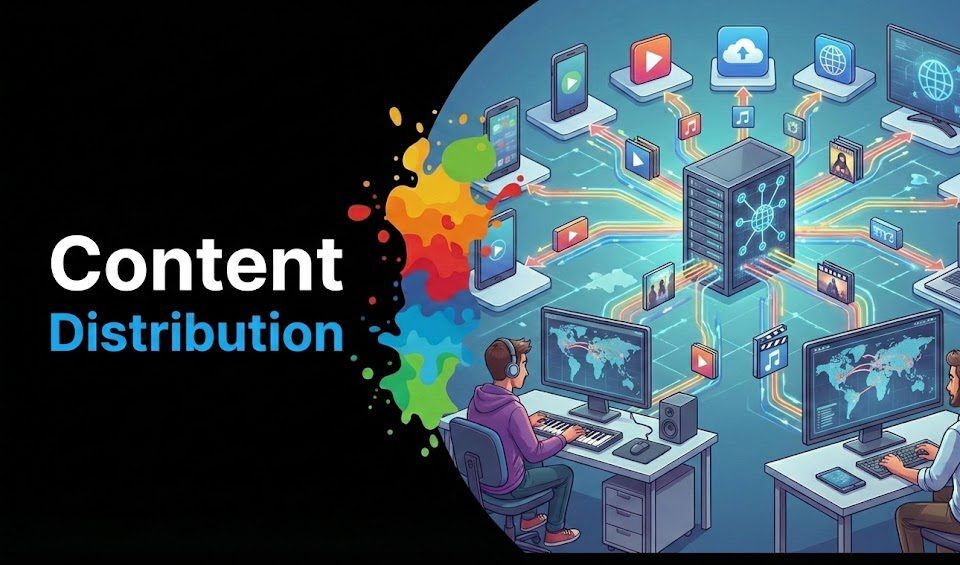Introduction: Professional Localization Services
In today’s interconnected digital landscape, reaching a global audience is essential for media and entertainment enterprises. However, achieving this requires more than just translating content; it demands a nuanced approach that resonates with diverse cultures and languages. This comprehensive guide delves into the realm of professional localization services, offering insights and strategies for Localization Managers and Content Directors to expand their content’s reach and impact worldwide.
The Essence Of Professional Localization Services: Beyond Translation
At the core of professional localization services lies the art of transcending language barriers to connect with audiences on a deeper level. Unlike simple translation, localization involves adapting content to suit the linguistic, cultural, and contextual nuances of specific target markets. Localization Managers and Content Directors must understand the intricacies of cultural sensitivities, idiomatic expressions, and visual cues to ensure that their content resonates authentically with diverse audiences.
Tailoring Content For Global Audiences: Strategies For Success
Successful localization goes beyond linguistic adaptation; it involves tailoring content to align with the preferences, values, and expectations of target audiences worldwide. Localization Managers and Content Directors must conduct thorough audience research to understand the unique characteristics of each market, including language preferences, cultural norms, and consumption habits. By leveraging insights from market analysis, organizations can craft content that captivates and engages audiences across borders.
Leveraging Technology In Localization: Tools And Trends
Technology plays a pivotal role in streamlining the localization process, enabling organizations to achieve greater efficiency and accuracy in content adaptation. From translation management systems and localization platforms to artificial intelligence and machine learning algorithms, Localization Managers and Content Directors have access to a myriad of tools and technologies to enhance their localization workflows. By embracing these innovations, organizations can expedite time-to-market, reduce costs, and maintain consistency in content quality across multiple languages.
Central to the success of professional localization services are skilled translators and linguists who possess not only linguistic proficiency but also cultural competence and subject matter expertise. Localization Managers and Content Directors must collaborate closely with professional linguists to ensure accurate and culturally relevant translations. By engaging qualified translators who understand the nuances of both source and target languages, organizations can deliver content that resonates authentically with global audiences.
In the era of digital transformation, Vitrina AI emerges as a game-changer in the field of localization, offering advanced AI-powered solutions to streamline and enhance the localization process. From automated translation and content analysis to sentiment detection and linguistic validation, Vitrina AI empowers Localization Managers and Content Directors to optimize their localization workflows, improve efficiency, and deliver high-quality localized content at scale.
While professional localization services offer immense benefits, they also come with their fair share of challenges. Localization Managers and Content Directors must navigate issues such as linguistic nuances, cultural sensitivities, and technical constraints to ensure seamless content adaptation. By adopting a proactive approach, leveraging innovative technologies, and fostering collaboration across teams, organizations can overcome these challenges and unlock the full potential of global localization.
Conclusion: Expanding Horizons With Professional Localization Services
In conclusion, professional localization services are indispensable for media and entertainment enterprises seeking to expand their global footprint and connect with audiences worldwide. By embracing the principles of localization, leveraging advanced technologies like Vitrina AI, and fostering collaboration with language experts, organizations can overcome linguistic and cultural barriers, unlock new opportunities, and achieve unparalleled success in the global marketplace.
Translation involves converting text from one language to another, while localization goes beyond translation to adapt content to suit the linguistic, cultural, and contextual nuances of specific target markets.
Organizations can ensure the quality of localized content by engaging professional translators and linguists, conducting thorough linguistic and cultural reviews, and leveraging technology-enabled quality assurance processes.
Cultural competence is essential in localization as it enables organizations to understand and respect the cultural norms, values, and preferences of target audiences, ensuring that localized content resonates authentically with diverse cultures.
Vitrina AI enhances the localization process by offering advanced AI-powered solutions for automated translation, content analysis, sentiment detection, and linguistic validation, enabling organizations to optimize their workflows and deliver high-quality localized content efficiently.
































